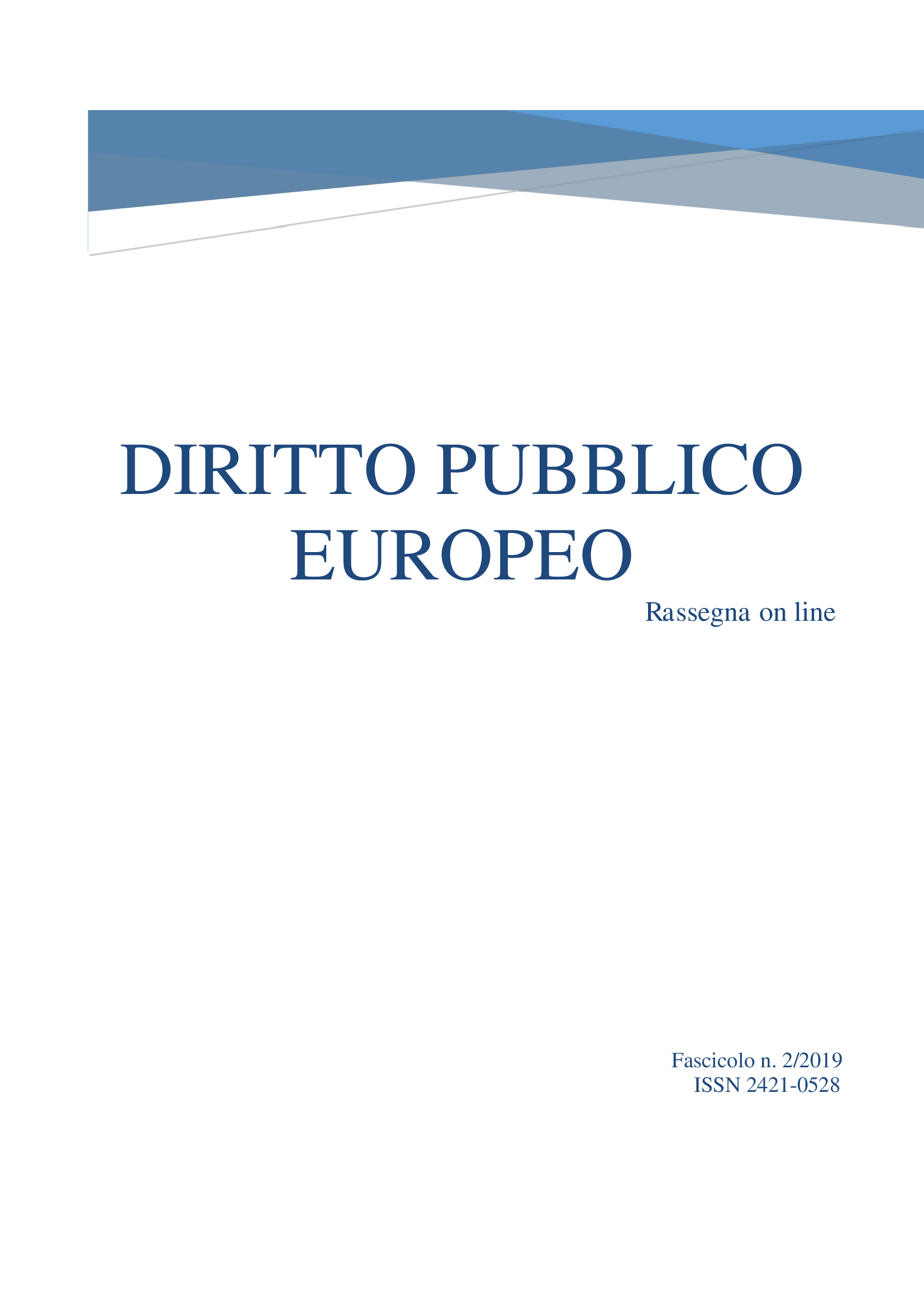The GMO authorization procedure in EU: inclusivity, access to justice and participation in decision-making
DOI:
https://doi.org/10.6092/2421-0528/6532Keywords:
GMO, trasparency, science and lawAbstract
The present paper explores what role the principles of inclusivity, access to justice
and participation in decision-making are playing in the Genetically Modified Organisms
(GMO) authorization in the European Union. The introductory chapter highlights the
concerns as reasons behind the delimitation of this scope: above all, the difficulties
stemming from the risk regulation in agricultural biotechnology (scientific uncertainty,
conflicting interests etc.) and the need to promote participation and representation of
different stakeholders in processes related to global environmental and Sustainable
Development assessment and decision-making. In the following pages, after having framed
the main criticisms regarding the GMO authorization process, the paper will analyze the
praxis and the Court of Justice of the European Union case-law after the approval of EU
Regulation no. 1367/2006. This implemented the Aarhus Convention on access to
information, public participation in decision-making, and access to justice in environmental
matters into the European legal framework. As it will be discussed in the conclusion,
neither the previously adopted Aarhus Convention nor the EU regulation have led, so far,
to a satisfactory implementation of inclusivity, access to justice and participation in
decision-making in the GMO field. Given that these principles echo some of the pivotal
aims of Sustainable Development Goal 16 of the 2030 Agenda, the paper reflects on the
possibility that the Sustainable Development debate could promote further steps towards a
greater implementation of the above mentioned principles in the GMO authorization
process


